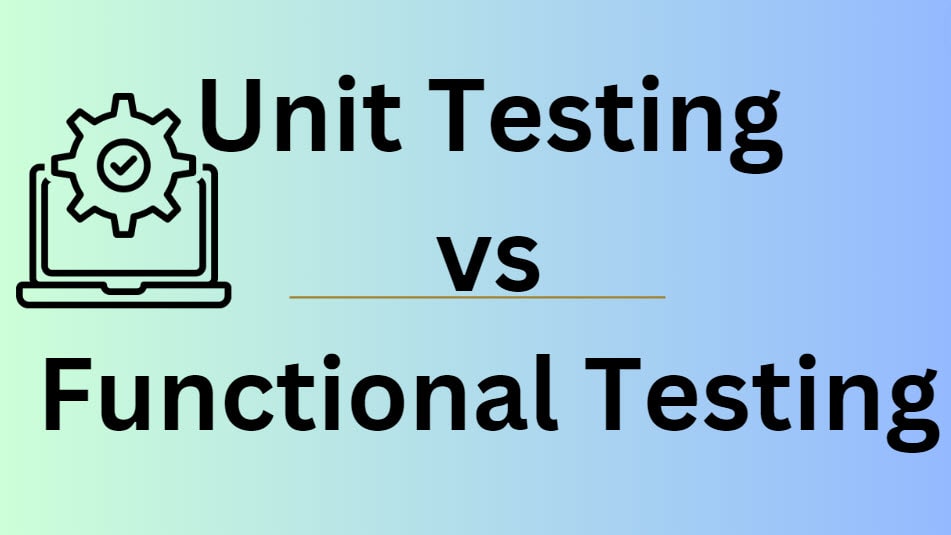Unit testing and functional testing are two important but distinct types of software testing. Here’s a comparison of the two.
Unit Testing
- Focuses on testing individual components or functions of the code in isolation
- Tells developers that the code is doing things right
- Concerned with the internal aspects of the application
- Typically performed by developers during the development process
- Aims to verify that each unit of code works as expected
Functional Testing
- Involves comparing each function to the relevant requirement to ensure it meets end-user expectations
- Tells developers that the code is doing the right things
- Focuses on the entire application and its interactions with external systems
- Often performed by quality assurance teams
- Aims to ensure the software meets specified functional requirements
Here’s a tabular comparison of Unit Testing vs Functional Testing
| Fact | Unit Testing | Functional Testing |
|---|---|---|
| Definition | Tests individual components or units of code | Tests the complete functionality of the application |
| Scope | Narrow, focused on small units of code | Broad, covers entire system functionality |
| Performed by | Developers | QA testers or end-users |
| When performed | During development phase | After integration, during system testing phase |
| Purpose | Verify code correctness | Validate system behavior against requirements |
| Knowledge required | Detailed code understanding | Functional specifications |
| Test environment | Isolated development environment | Production-like environment |
| Automation | Highly automatable | It can be automated but often includes manual testing |
| Cost to fix issues | Low, as issues are caught early | Higher, as issues are found later in development cycle |
| Testing technique | White-box testing | Black-box testing |
It’s important to note that both types of testing are crucial for delivering high-quality software. They aren’t interchangeable, as each has its own advantages and limitations. While unit testing helps catch bugs early in the development process and makes code easier to refactor, functional testing ensures that the software works as intended from the user’s perspective.
You may also like following the articles below
In practice, a comprehensive testing strategy often includes both unit and functional testing, along with other types of testing, to ensure thorough coverage and high-quality software delivery.

My name is Madhu, and I’m a certified Test Consultant with more than 16 years of hands-on experience developing and maintaining manual and Test Automation in the Software industry. I have experience with automation tools such as Selenium, Katalon Studio, etc.
